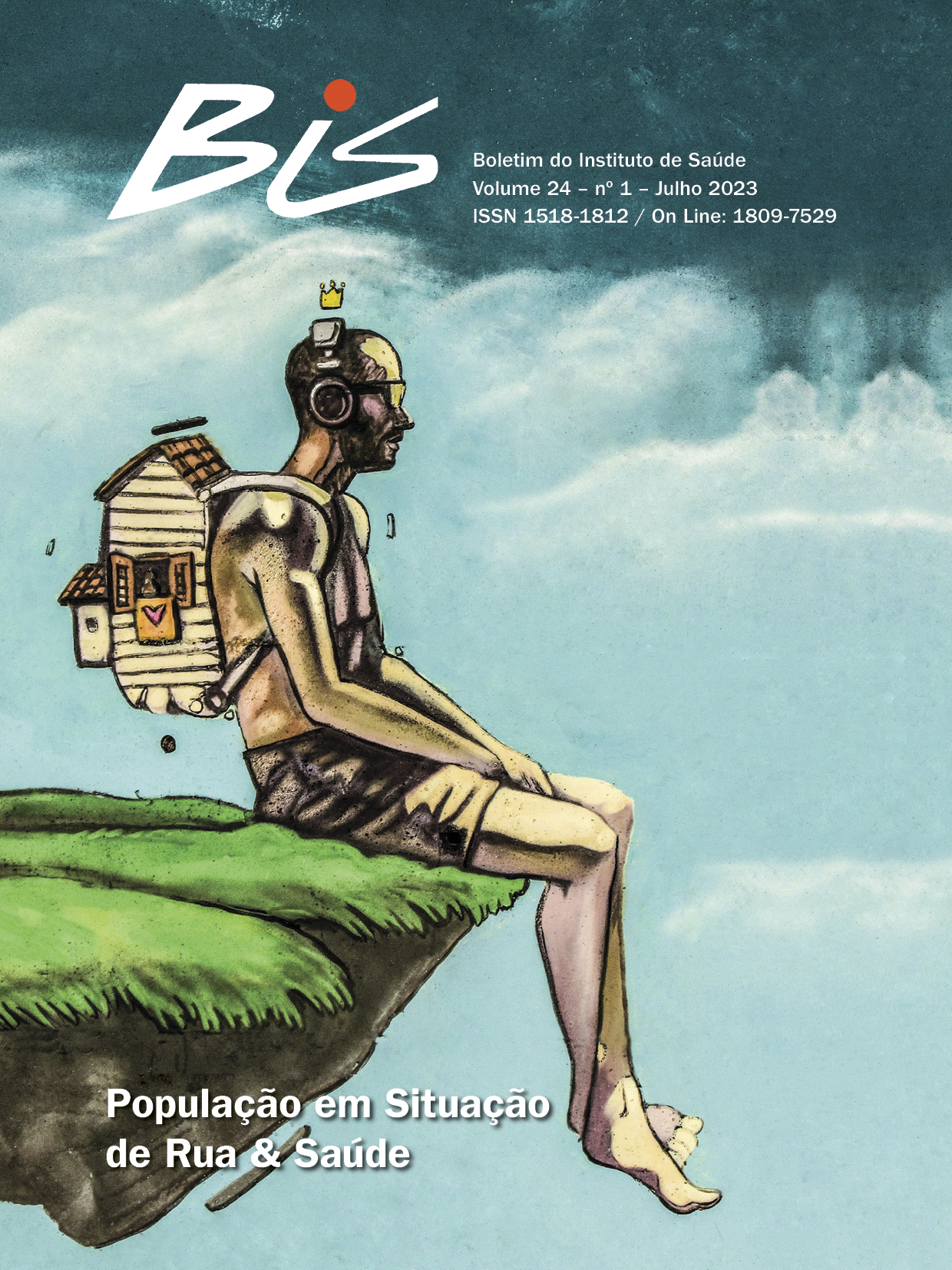Abstract
This paper proposes to reflect on campaigns against the donation of alms to homeless people, which have become frequent
in some Brazilian cities. Our objective is to identify the main theses defended by the segments responsible for these campaigns
and by the people who support them. For this, we will take as corpus some posters that were published on Júlio Lancellotti's
Instagram, and the comments of internet users in favor of the campaigns, published on the same Instagram. For the description
and analysis of the data, we used the assumptions of the Semiolinguistic Theory of Discourse, which allowed us, from the
description of the main procedures associated with the modes of enunciative, descriptive, narrative and argumentative organization, proposed by Charaudeau (2008)1, to identify the imaginaries represented in the discourses in question. From our analysis, we found that the discourses against alms are based on ethical and pragmatic values based on the thesis that donations are directly responsible for keeping people on the street and for all the damage that this can cause.
References
Charaudeau P. Linguagem e discurso : os modos de organização. São Paulo: Contexto; 2008.
Lancelotti J. Ajude não ajudando. Sua boa intenção pode estar contribuindo com a criminalidade [...] [internet], 05 mar 2022 [acesso em 13 out 2022]. 1 figura. Instagram:@padrejulio.lancellotti. Disponível em: http://instagram.com/p/Cat2i10O4R9
IBGE – Instituto Brasileiro de Geografia e Estatística. Pnad contínua: Pesquisa Nacional por Amostra de Domicílios [internet]. 2022 [acesso em 17 nov 2022]. Disponível em: https://www.ibge.gov.br/estatisticas/sociais/trabalho/9171-pesquisa-nacional-por-amostra-de-domicilios-continua-mensal.html?=&t=destaques
Natalino M. Estimativa da população em situação de rua no Brasil (2012-2022). Brasília (DF): Ipea; 2022.
Rede Rua. Política Nacional para Inclusão Social da População em Situação de Rua [internet]. 2009c [acesso em 13 jul 2021]. Disponível em http://www.rederua.org.br/pub/polnac_inclsoc.pdf
Nielson JG, Wermuthz MAD. Os higienistas estão voltando: biopolítica, classes subalternizadas e ocupação do espaço urbano no Brasil. Revista de Direito da Cidade. 2018; 2(10): 596-619.
Cor tina A. Aporofobia: a aversão ao pobre, um desafio para a democracia. Febre D, tradutor. São Paulo: Contracorrente; 2020.
Melo MSS. Da polêmica aos discursos de ódio: um estudo da recepção no twitter sob a perspectiva semiolinguística.
Revista de Estudos da Linguagem 2020 [acesso em 15 out 2022]; 4(28):1959-1982. Disponível em: http://www.periodicos. letras.ufmg.br/index.php/relin/article/view/16694/pdf_1
Mello RFL. Economia da esmola e subdesenvolvimento sustentável: a Legião da Boa Vontade (1950-2001) [tese]. São Paulo: Faculdade de Filosofia, Letras e Ciências Humanas da USP;2008.
Beltrami A. A esmola: o banco mais vantajoso e infalível. São Paulo: Matyria; 2017.
Bíblia. Nova Bíblia Pastoral. São Paulo: Paulus; 2014.
Pontifício Conselho de Justiça e Paz. Compêndio da doutrina social da igreja. São Paulo: Paulinas; 2005.
Bonatto FRO, Ribeiro DC, Salles JC, Stoppa LM, Freitas R. Dar e receber esmolas e processo de subjetivação. Psicologia em Revista. 2007; 2(13):339-62.
Charaudeau P. Os estereótipos, muito bem: os imaginários, ainda melhor. Entrepalavras. 2017; 7(1): 571-591.
Piza MV. O fenômeno Instagram: considerações sob a perspectiva tecnológica. Brasília: Universidade Federal de Brasília, 2012. Trabalho de Conclusão de Curso do Curso de Ciências Sociais.
Recuero R. O capital social em rede: como as redes sociais na internet estão gerando novas formas de capital social. Contemporânea,
comunicação e cultura. 2012; 3(10): 597-617.

This work is licensed under a Creative Commons Attribution 4.0 International License.
Copyright (c) 2023 Mônica Santos de Souza MeloI
